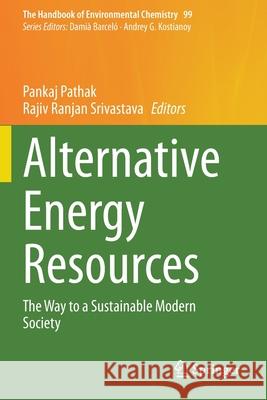Alternative Energy Resources: The Way to a Sustainable Modern Society » książka
topmenu
Alternative Energy Resources: The Way to a Sustainable Modern Society
ISBN-13: 9783030579258 / Angielski / Miękka / 2022 / 336 str.
Alternative Energy Resources: The Way to a Sustainable Modern Society
ISBN-13: 9783030579258 / Angielski / Miękka / 2022 / 336 str.
cena 1328,44
(netto: 1265,18 VAT: 5%)
Najniższa cena z 30 dni: 1272,31
(netto: 1265,18 VAT: 5%)
Najniższa cena z 30 dni: 1272,31
Termin realizacji zamówienia:
ok. 16-18 dni roboczych.
ok. 16-18 dni roboczych.
Darmowa dostawa!
Kategorie:
Kategorie BISAC:
Wydawca:
Springer
Język:
Angielski
ISBN-13:
9783030579258
Rok wydania:
2022
Ilość stron:
336
Waga:
0.47 kg
Wymiary:
23.39 x 15.6 x 1.78
Oprawa:
Miękka
Wolumenów:
01
Dodatkowe informacje:
Wydanie ilustrowane











